IPPCAAS Develops Efficient Precision Tagging Technology for Rice Endogenous Genes
Recently, the "Ecological Safety Assessment and Utilization of Disease and Pest-Resistant Crops Innovation Team" from the Institute of Plant Protection, Chinese Academy of Agricultural Sciences (IPPCAAS), published a research article titled "Efficient in situ epitope tagging of rice genes by nuclease-mediated prime editing" in the internationally renowned journal The Plant Cell. The study utilized a CRISPR/Cas nuclease-guided prime editing system combined with microhomology-mediated end joining (MMEJ) to achieve efficient and precise tagging of multiple endogenous genes in rice, providing a novel editing strategy for endogenous gene tagging research in rice.
Tagging proteins is widely used in molecular biology, cell biology, and biochemistry to study protein interactions, signaling pathways, and molecular mechanisms. Compared to traditional transgenic techniques involving exogenous protein tags, which often lead to unreliable results due to overexpression, direct tagging of endogenous target genes via gene editing offers more accurate insights into the physiological and biochemical processes and actual functions of target genes within cells. However, the development of efficient endogenous gene tagging techniques in plants has long been a challenge for researchers in biotechnology.
In this study, the researchers established a highly efficient prime editing system in rice using multiple optimization strategies, achieving an editing efficiency of up to 95.83% at tested target sites. They further explored the potential of CRISPR/Cas nuclease-mediated prime editing systems in precise tagging of rice endogenous genes through different DNA repair pathways—non-homologous end joining (NHEJ) and microhomology-mediated end joining (MMEJ).
The results demonstrated that both strategies could achieve precise FLAG tagging of rice endogenous genes. However, the MMEJ-mediated NM-PE strategy outperformed the NHEJ-mediated NN-PE strategy in terms of precision and efficiency. Using SpRY and ScCas9 nucleases, the relaxed prime editor, coupled with the NM-PE strategy, successfully achieved precise tagging of the endogenous genes OsMPK3, OsMPK6, OsMPK7, OsMPK10, and OsMPK11, with editing efficiency reaching 70.83%. This significantly expanded the application range of the NM-PE tagging strategy in the rice genome. Additionally, the researchers explored the potential of NM-PE for dual-gene tagging in rice. Results showed that subsequent generations contained numerous plants with precise single or dual-gene tags, as well as gene knockout plants.
In summary, the NM-PE strategy, based on CRISPR/Cas nuclease-mediated double-strand DNA cleavage and MMEJ repair, enables precise manipulation, tagging, and knockout of rice target genes. This strategy holds great potential for future studies in rice protein tagging, functional genomics, and genetic improvement. Moreover, it provides a novel approach for research on other crops and economically important plants.
This research was conducted collaboratively by the team, with doctoral students Li Xueqi (Hainan Special Program) and Zhang Sujie as co-first authors and Professor Zhou Huanbin as the corresponding author. Other contributors included Professor Li Shaofang from the Beijing Academy of Agriculture and Forestry Sciences, Researcher Carl Spetz from the Norwegian Institute of Bioeconomy Research, Professor Huang Jingguang from Qingdao Agricultural University, and Professor Zhou Xueping from IPPCAAS. The study was supported by major initiatives such as the Agricultural Biological Breeding-Major Projects, the National Key R&D Program, the Nanfan special project of CAAS, the Hainan Seed Industry Laboratory, and Technology Innovation Program of CAAS.
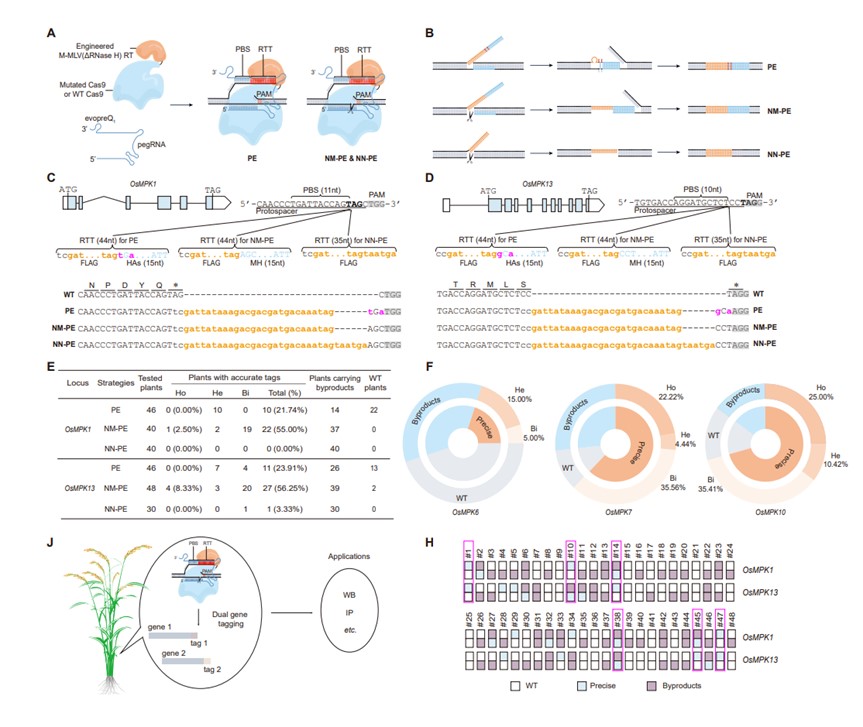
-
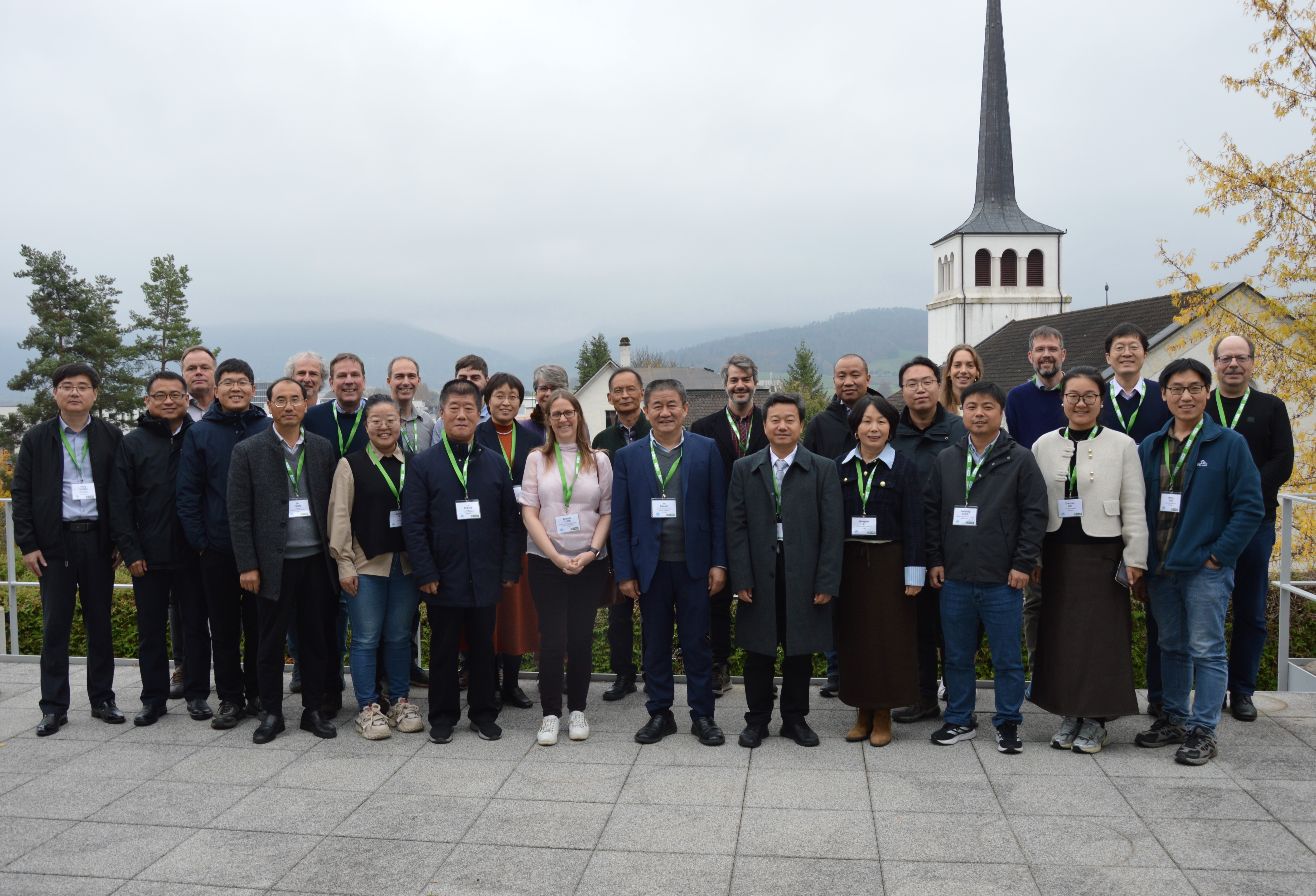 China-CABI Project Development Workshop Held in Delémont, Switzerland
China-CABI Project Development Workshop Held in Delémont, Switzerland -
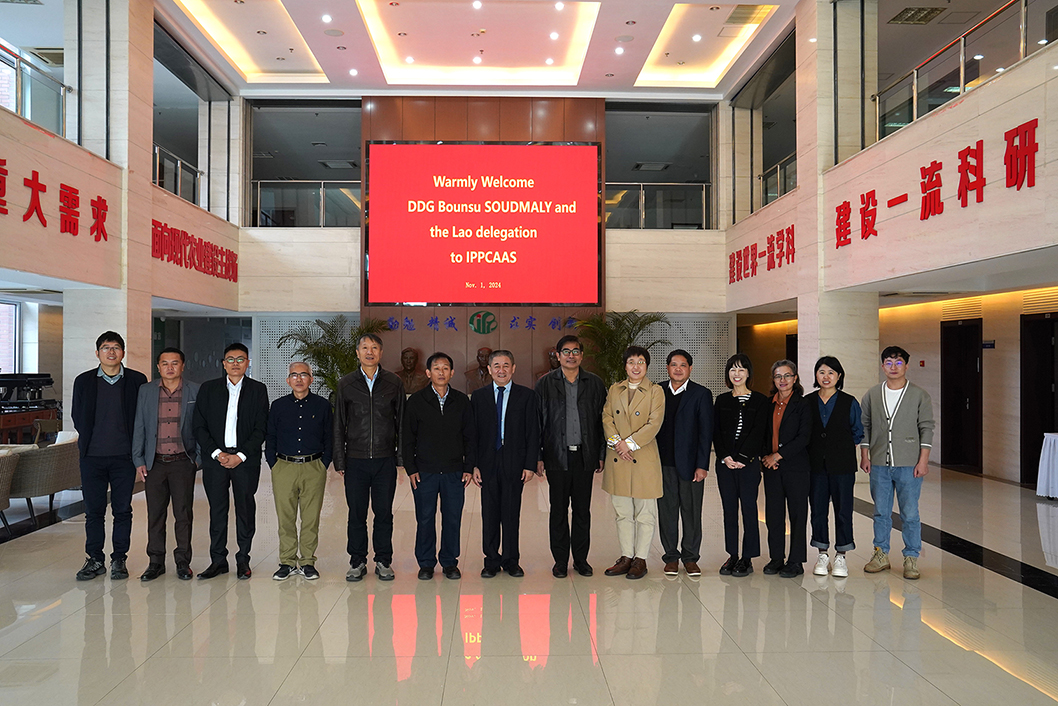 The Lao PDR-China Joint Laboratory for Plant Protection holds technical seminar at IPPCAAS
The Lao PDR-China Joint Laboratory for Plant Protection holds technical seminar at IPPCAAS -
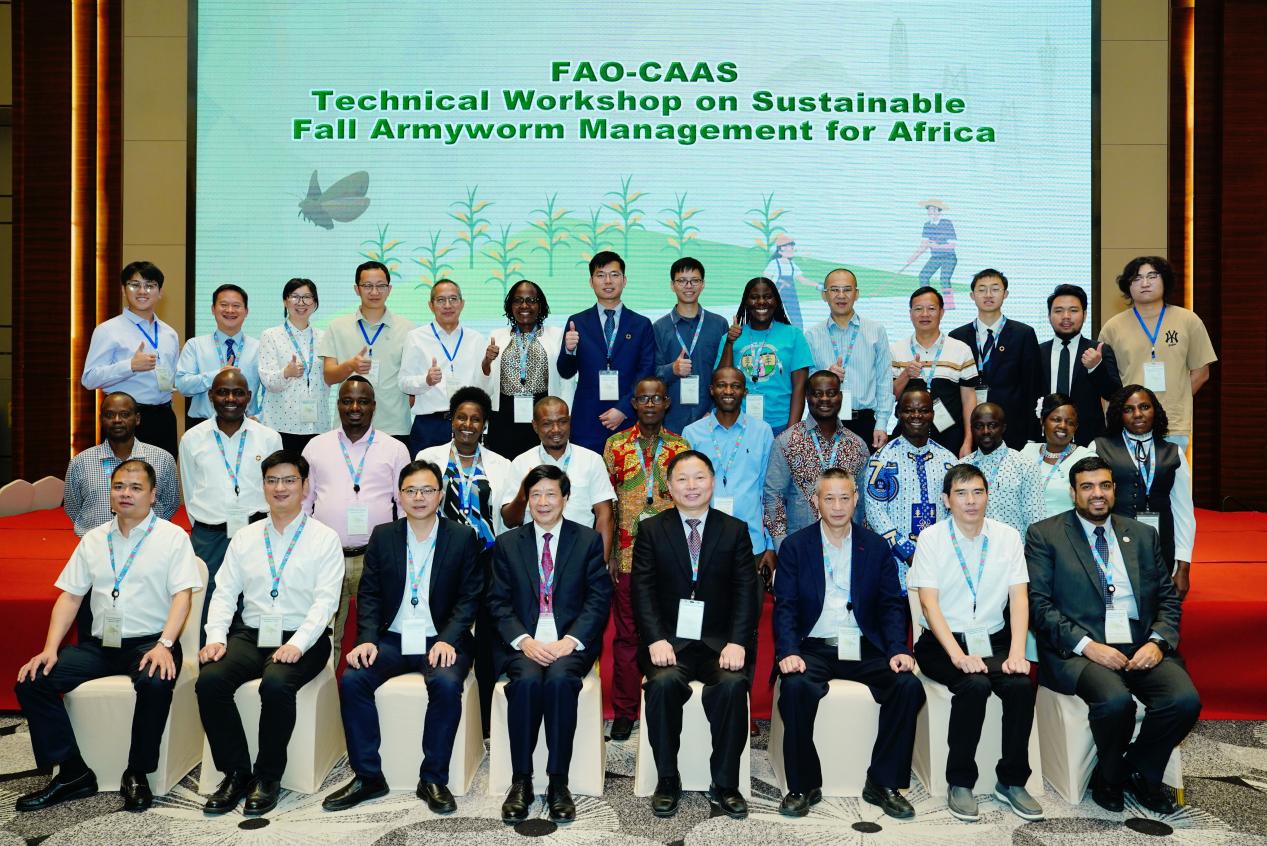 IPPCAAS Successfully Organized the FAO-CAAS Technical Workshop on Sustainable Fall Armyworm Management for Africa in Guangdong
IPPCAAS Successfully Organized the FAO-CAAS Technical Workshop on Sustainable Fall Armyworm Management for Africa in Guangdong -
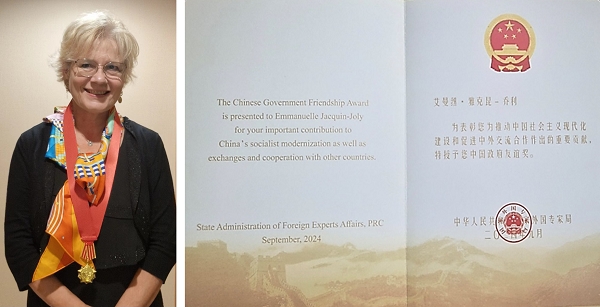 IPPCAAS Hosts Symposium for CAAS-INARE International Joint Laboratory for Plant Protection to Congratulate Professor Emmanuelle Jacquin-Joly on Receiving the Chinese Government Friendship Award
IPPCAAS Hosts Symposium for CAAS-INARE International Joint Laboratory for Plant Protection to Congratulate Professor Emmanuelle Jacquin-Joly on Receiving the Chinese Government Friendship Award
